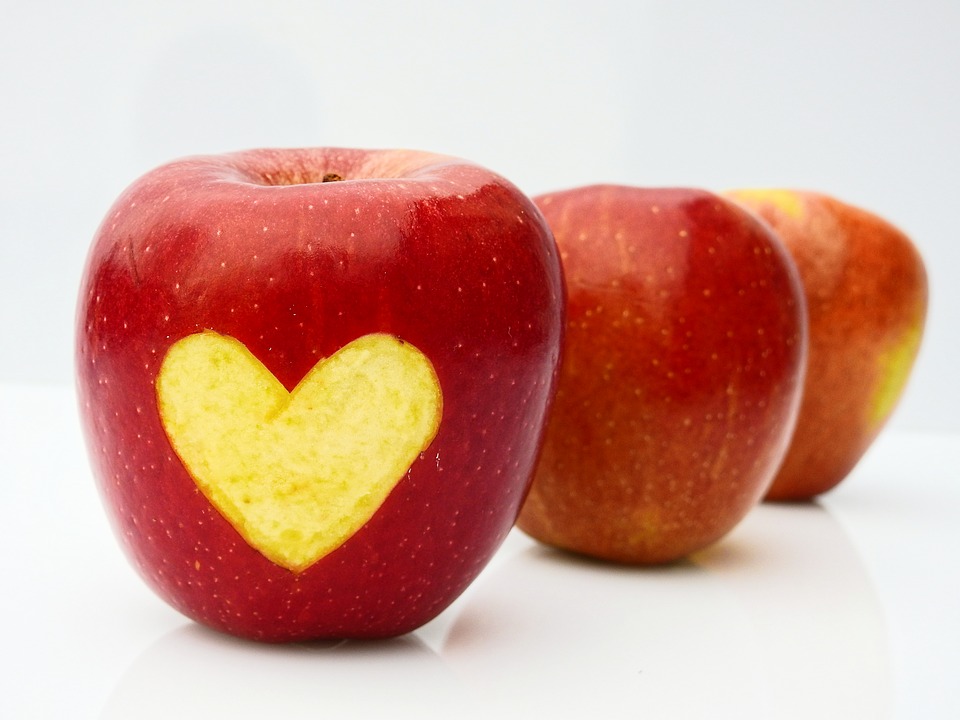A disclaimer before I begin this article: Adopting a vegan lifestyle, to this day, is one of the best decisions I have ever made. Regardless of the health benefits of a plant-based diet, or fighting for the ethical treatment of animals, it is CRUCIAL for the future of our planet to at least cut-down, if not eradicate, our meat and dairy consumption. That being said, let us return to the subject of this article.
Being National Eating Disorder’s Week, I wanted to share my thoughts and experience on being vegan, whilst suffering with an eating disorder. At times, these two, prominent aspects of our lives are in tension with each other, and it is difficult to establish means to escape this conflict. Generally, we see articles and Youtubers commenting on how they adopted a vegan diet during their recovery of an eating disorder. Many comment that Veganism provides means to maintain a nutritionally-dense diet, and have purpose in a life previously dominated by an unhealthy relationship with food. This is fantastic news, and I do not doubt their claims. However, I rarely see articles about how, for some, their eating disorder developed coinciding with the time they adopted a vegan lifestyle.
Though you may not realize it at the time, the nagging voice in your head which whispers ‘Look at all these healthy, fit and toned people! Maybe, if I become vegan, I’ll lose weight and look like them too!’ is the start of a downward spiral.
Aside from its ethical and environmental benefits, a plant-based lifestyle comes with restrictions. I’m sure you know the basics by now, but to reiterate for these purposes: that’s no eggs, no dairy, no honey, no meat, no fish. Luckily, veganism has spread, meaning supermarkets and restaurants have caught on and supply amazing alternatives. Yet, even products which we presume to be vegan – for example, salt and vinegar crisps – can contain milk powder! The trouble with eating disorders is that, even during recovery, it is extremely easy to convince yourself that you do not actually have one. Therefore, if you have an underlying eating disorder, veganism and these restrictions can be used to minimize the harm inflicted on your mental health.
Moreover, the pressure to conform to an ‘ideal’ vegan diet, promoted by Youtubers and fitness stars can feel overwhelming. Many promote eating a full or mostly ‘raw’ vegan diet, others suggest having no refined sugars, saturated fats…the list goes on. In a society where social media infiltrates every aspect of our lives, the influence these people have means failing to conform to their ‘correct’ way of living is disheartening. The fact that these influencers are also likely to have ‘perfect’ bodies and spend their lives in the gym detracts from the important reasons – the ethical and environmental – that we become vegan in the first place. As a university student, or someone in a full-time job, maintaining this lifestyle is lengthy and difficult. For someone with an eating disorder, where low self-esteem, a desire to have a certain body-image and a view that food and exercise provides you with a sense of control, this pressure can be detrimental. Though you may not realize it at the time, the nagging voice in your head which whispers ‘Look at all these healthy, fit and toned people! Maybe, if I become vegan, I’ll lose weight and look like them too!’ is the start of a downward spiral.
Therefore, for many, veganism becomes a means of denying the disorder. This can be extremely damaging. The complexity of eating disorders lies in it being firstly psychological, characterised by the likes of anxiety and depression, which, in time, manifests itself on the body. From personal experience, and for many others, this culminates in having no period, lack of sex drive, fatigue, bad skin, binging, purging, restricting and many other health problems.
In light of this, if you decide to become vegan, make sure it is for the right reasons. Having an eating disorder, or an unhealthy relationship with food in general, should not be the basis of your decision. Veganism is so rewarding, but your health is equally important. Remember to put this first – self-love is important you know.
Jess Moody

